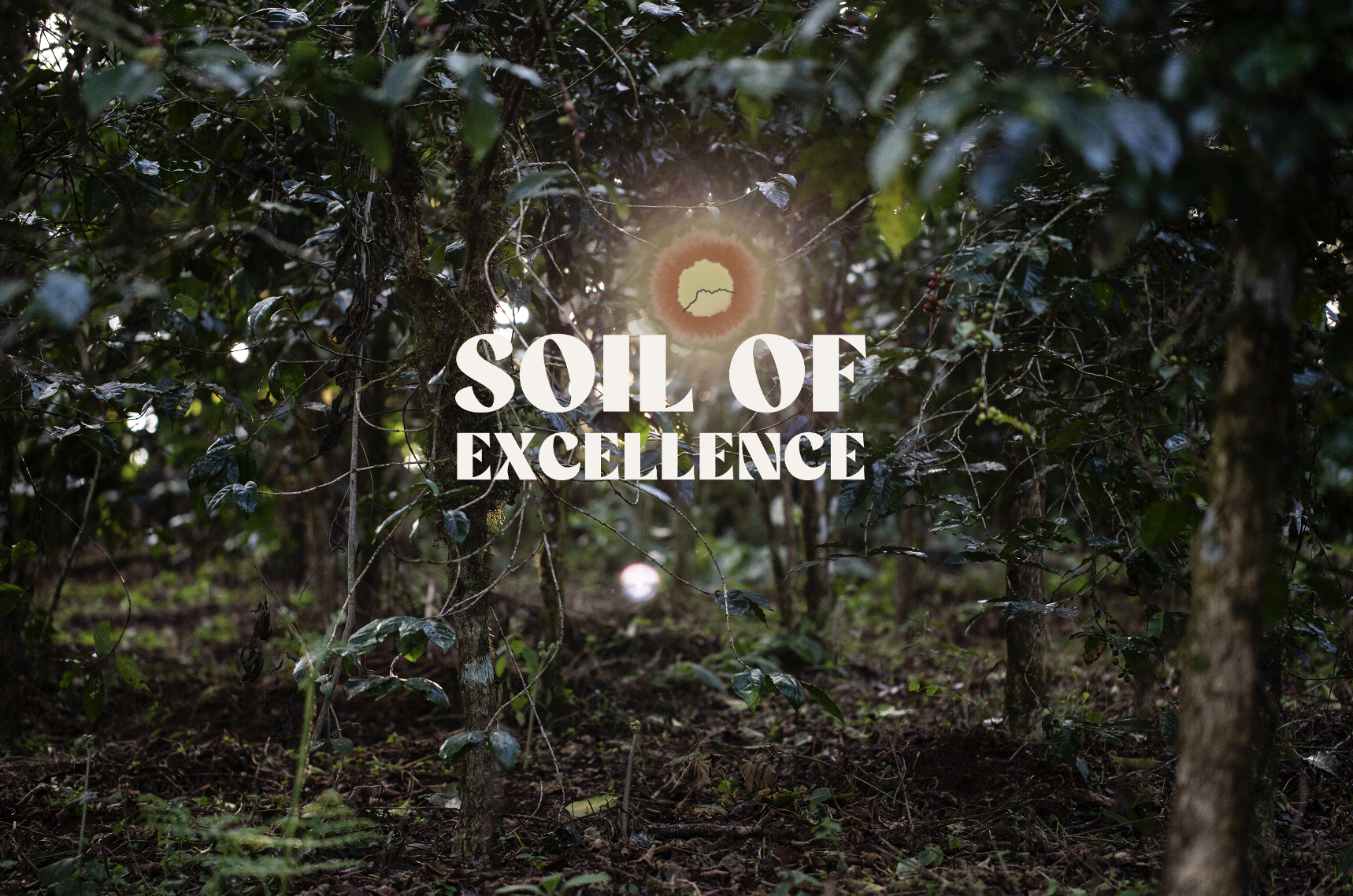
"Soils are exhausted"
Arnaud Causse, Director of the Transition of Agricultural Practices, explains the concept of Soil Of Excellence. Why is a general awareness so urgent? His answer is simple: "Because the soils are exhausted".
What is the concept of Soil Of Excellence?
Soil Of Excellence (SOE) is a competition designed to raise awareness among both producers and consumers of the issue of soil fertility and the resilience of agricultural production systems, particularly for coffee. The aim is to turn the SOE competition into a means of communication so that the entire sector can understand the importance of soil. The quality of a coffee is not just the sensory value of the beverage (organoleptic score) but also the ability of the farms that produce it to adapt to climate change and preserve natural resources, particularly biodiversity.
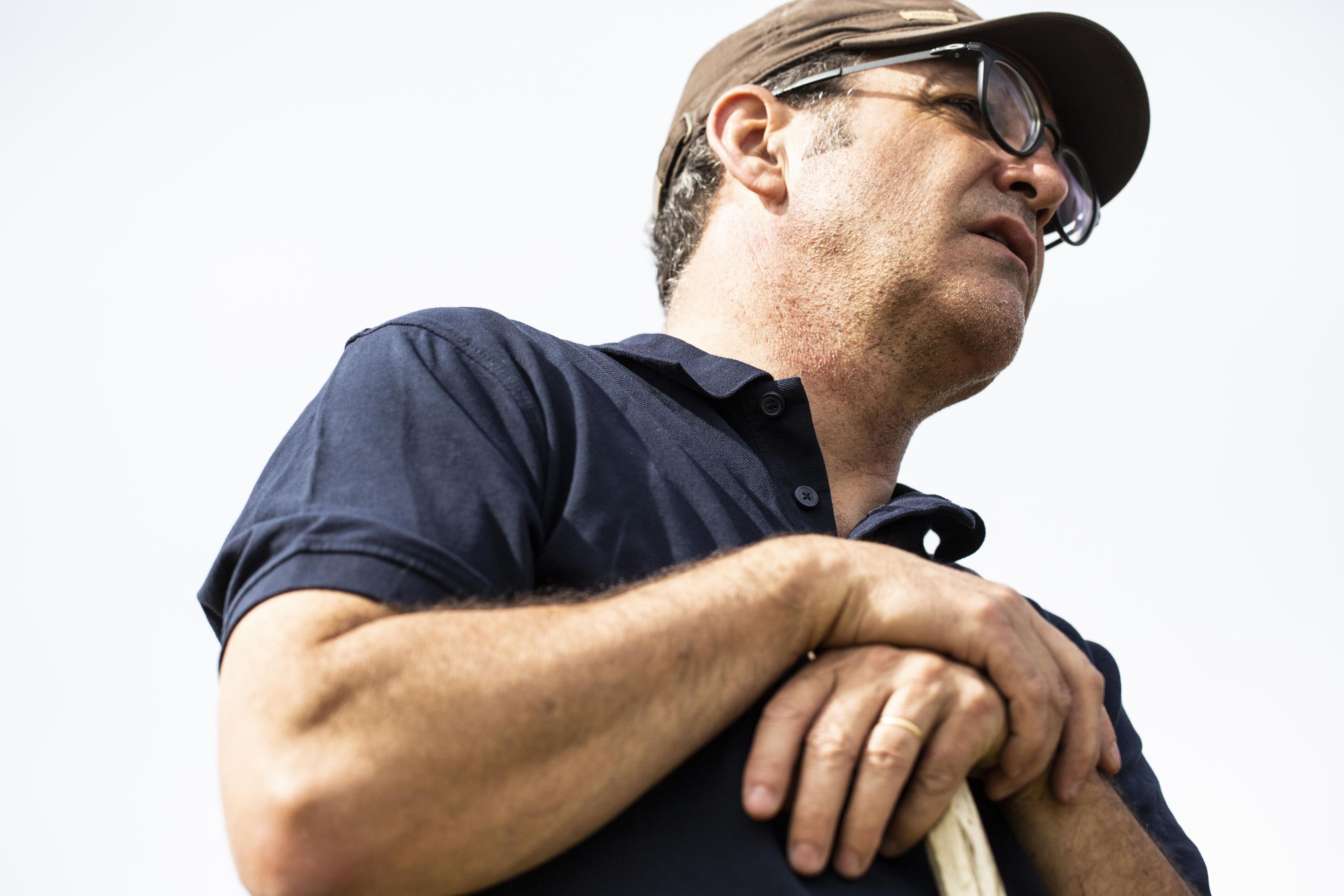
Arnaud Causse, Transition Director at Belco on his farm Terrazas del Pisque in Ecuador
When we talk about soil fertility, we are talking about billions!
- 1 billion hectares: the loss of fertile land over the last 100 years
- 40 billion is the annual cost of this loss of fertile land
- 3 billion tonnes of soil disappear every year in Brazil due to erosion
- Around 1,500 to 2,000 billion tonnes of carbon are sequestered in the soil
- There are 10 billion different individuals in every gram of soil
Soil Of Excellence is the awareness of what is happening under our feet.
We should no longer think of coffee growing in terms of how I make my plants grow, but how I make my soil grow. We can no longer consider the soil as a simple substrate in which the plant is simply placed and anchored, but as the foundation of a more holistic quality.
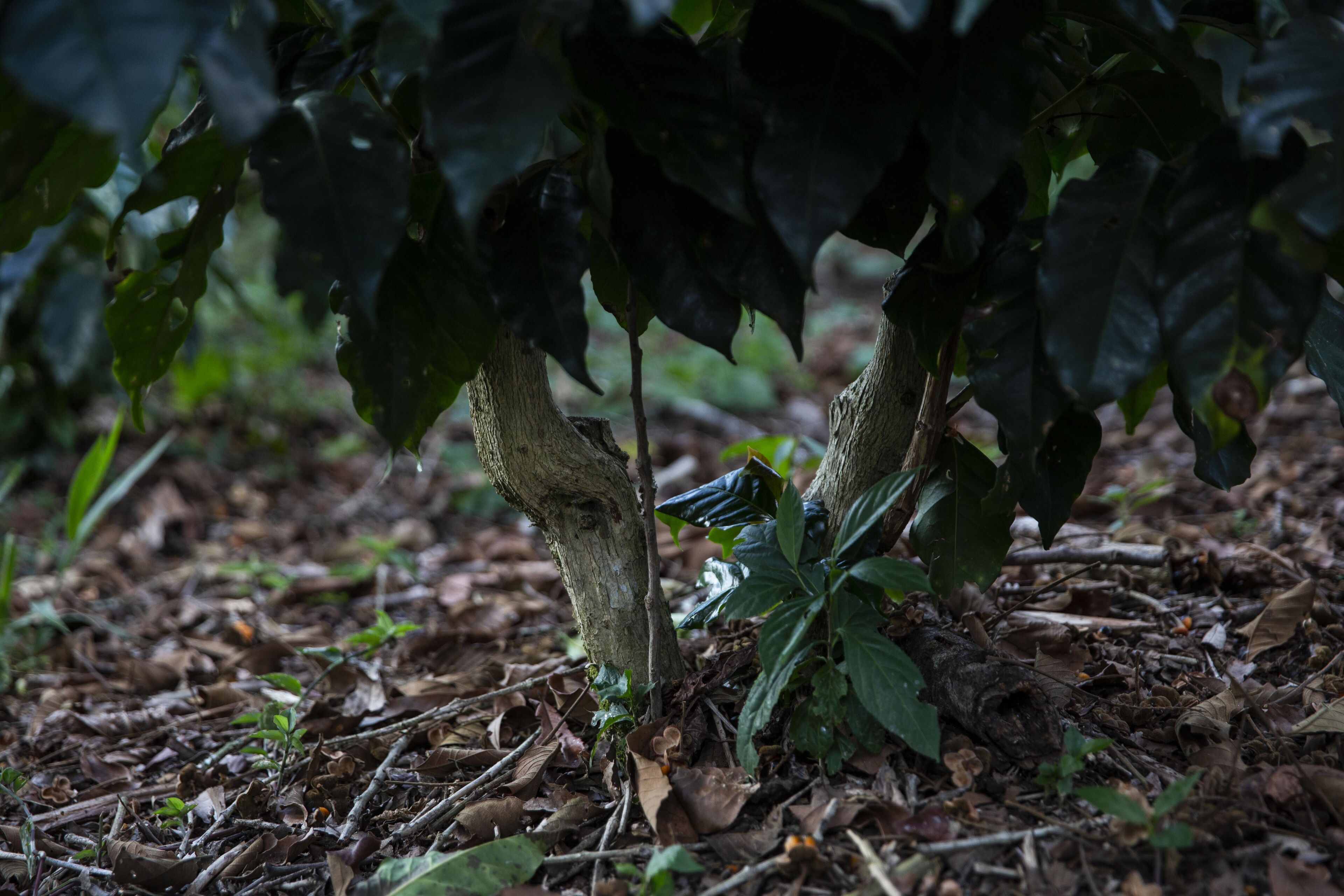
How do we assess soil health, resilience and fertility?
We chose soil Pfeiffer chromatography.
The farmer himself takes samples of his soil from various places on the farm, to a depth of around 20 cm. These samples are then diluted in a solvent to allow the soil components to migrate onto a filter paper. The result is a kind of rosette that gives a fairly accurate picture of the soil's health, fertility, mineral content, the interaction of these minerals with micro-organisms, and traces of toxicity such as glyphosate or chemical products.
We analyse the colors of the different aureoles (or zones) and the interactions between them (uniform or tormented fringes). We obtain shades of ochre, brown and black for the most part in healthy, fertile soils, and shades of white, grey and violet for the most part, reflecting the presence of herbicides and chemical substances or the blocking of nutrients in degraded or exhausted soils.
We then cross-reference the results of this empirical method with a more scientific but much more expensive method, the BeCrop®Test. The BeCrop®Test is an analysis of the soil biome, its biodiversity and its functionality. It consists of identifying the number of species of micro-organisms present in the soil and their proportional population based on the number of DNA fragments identified in a database of over 24 million taxonomic references (DNA New Generation Sequencing).
To sum up, chromatography allows us to visualise the health, fertility and toxicity of the soil, and the BeCrop®Test its biome and the influence it may have on its functionality and resilience.
Forest soil is made up of around 60% fungi and 40% bacteria. This ratio provides an indication of the level of fertility of a soil, since forest soils have optimal fertility conditions. Logically, it becomes a target for any coffee grower who has opted for a transition to ecologically intensive agriculture, whereas conventional agricultural soils are more likely to be inhabited (when they still can be) by bacteria (ratio of 90/10).
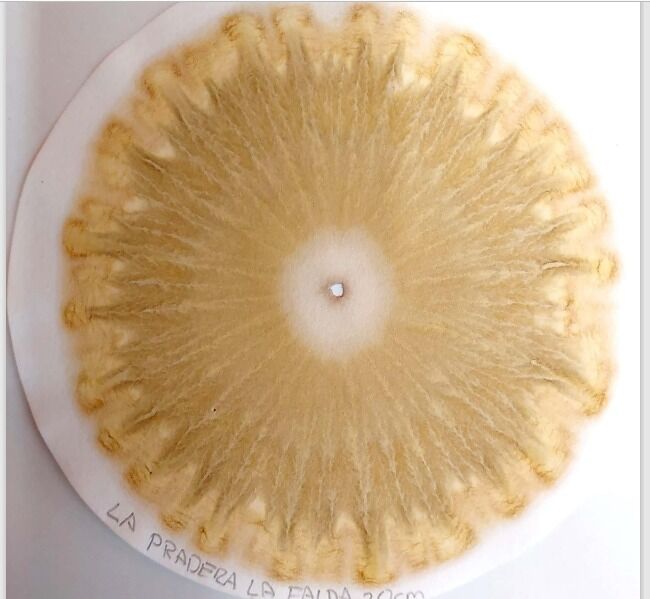
Soil chromatography from La Pradera farm, Santander region, Colombia.
How did the first SOE competition go at the Producer Roaster Forum in Colombia?
Selection of 60 Colombian farms based on virtuous itineraries
Chromatography of Pfeiffer & BeCrop®Test
10 winners
Selection of 60 soil samples from farms with regenerative agricultural practices. Reception of the samples at our Armenia branch in Colombia.
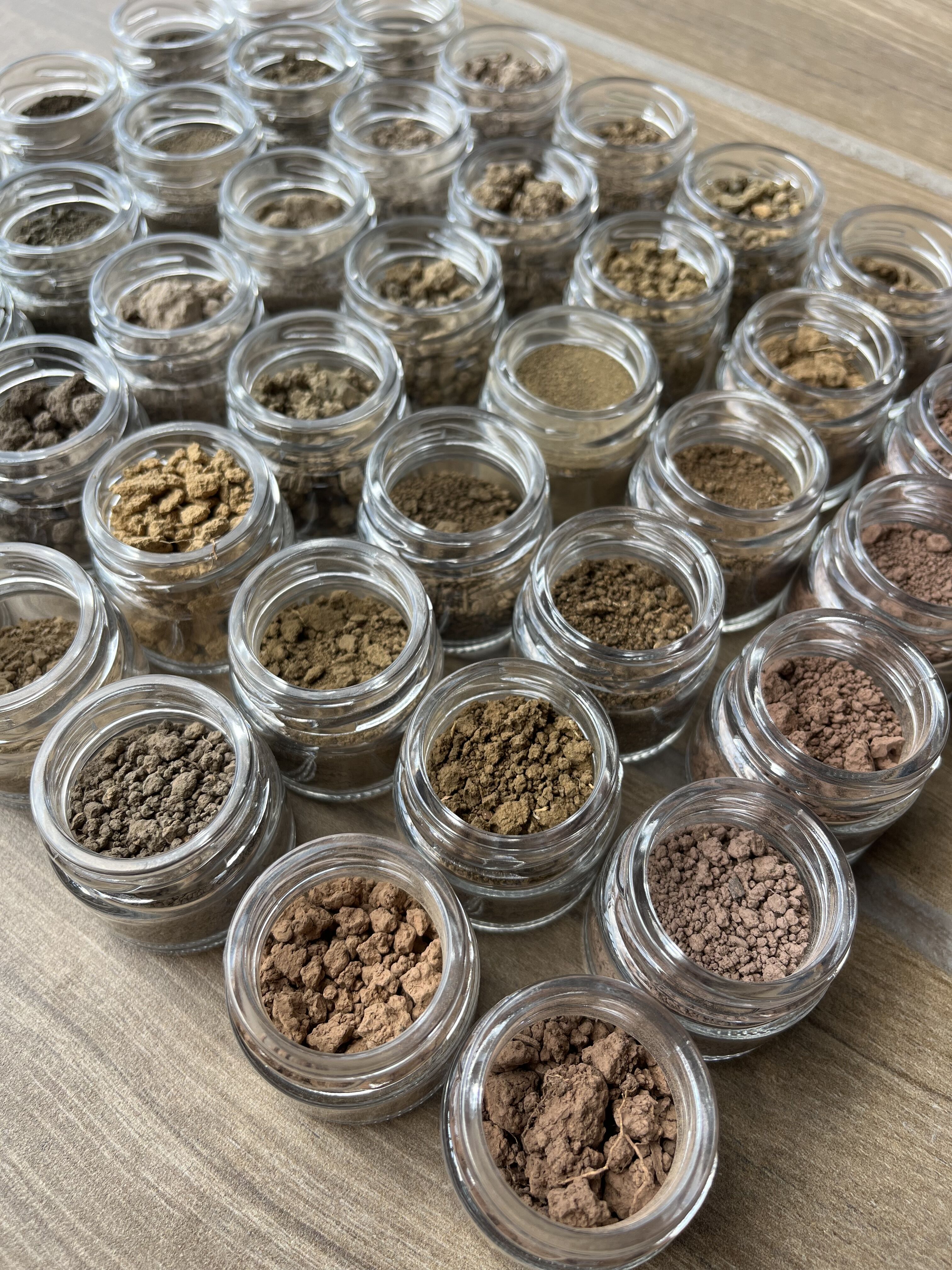
Chromatography was carried out on 60 soil samples.

Election of the 10 winners based on the results of the evaluation of agricultural practices, chromatography, BeCrop® tests and the coffee tasting score.
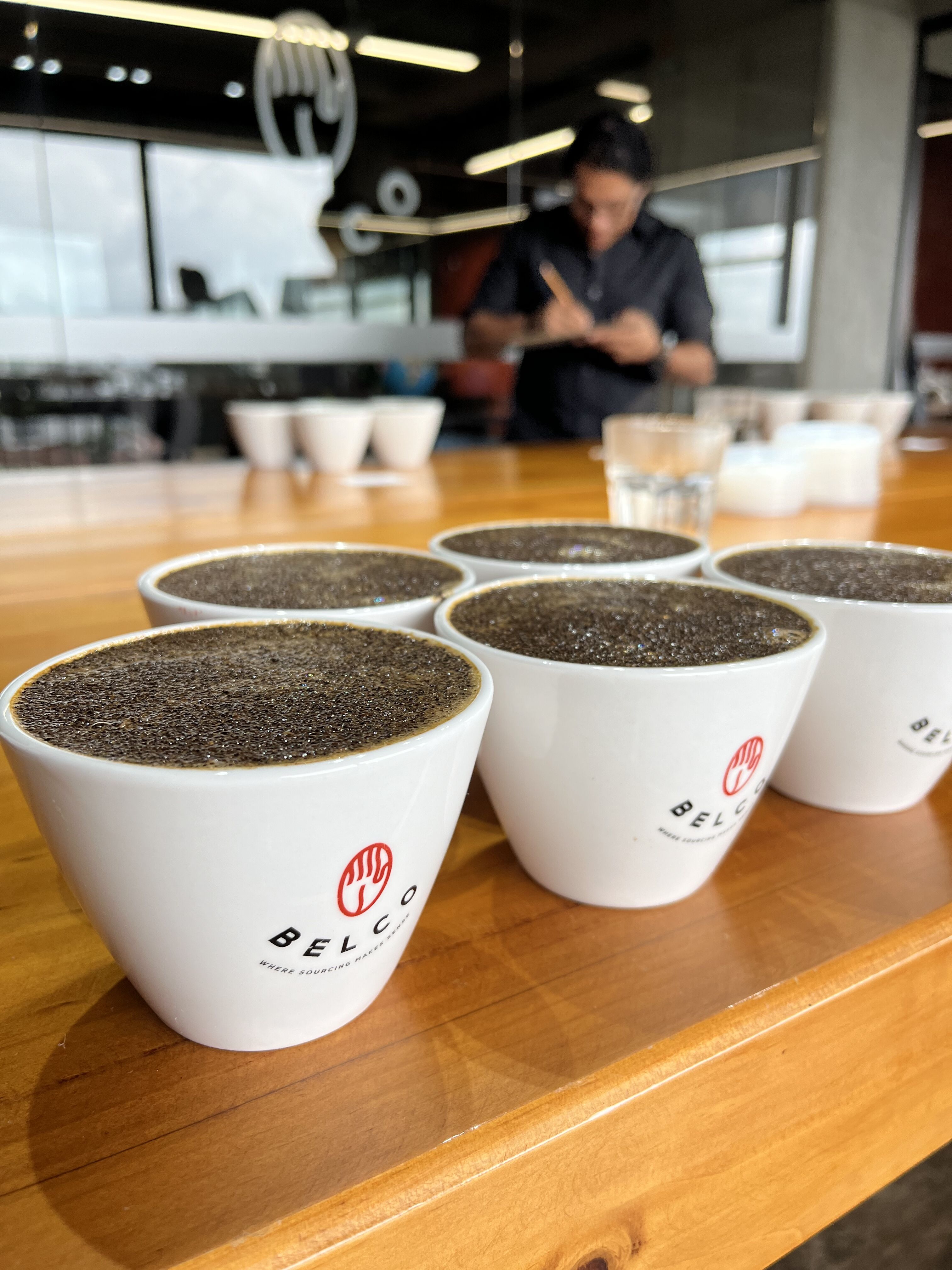
What future for SOE?
The aim is for SOE not just to be a competition limited to an elite group of producers, or just a tool for communicating and raising awareness of soil quality and fertility, but to become a future driving force for enhancing the value of coffees. It is also a superb way of characterising producers who are committed to transition. The adoption of certain agro-ecological practices can be directly linked to an overall quality result.
“Soil Of Excellence is one of the future coffee evaluation tools that can change the game.”
Did you like this article? Share it with your community:
